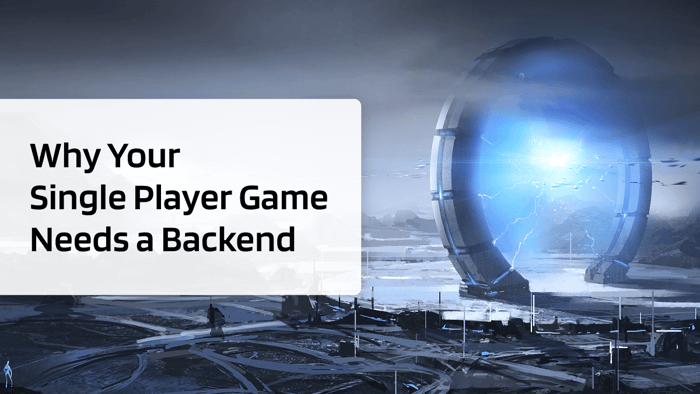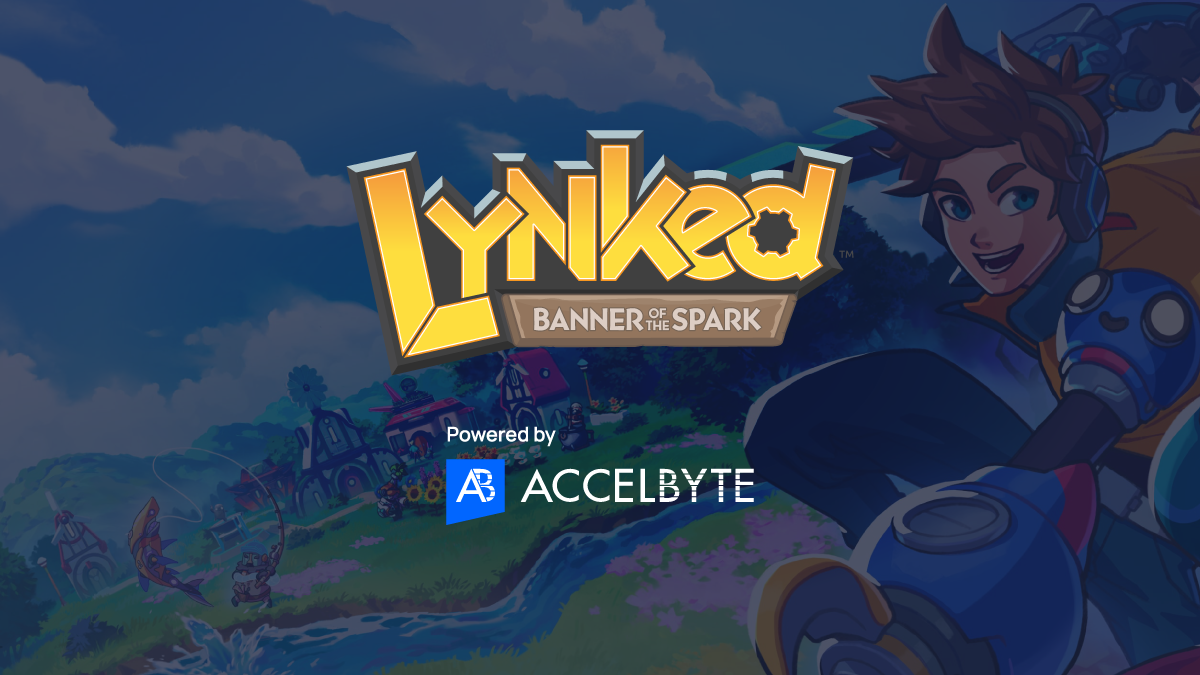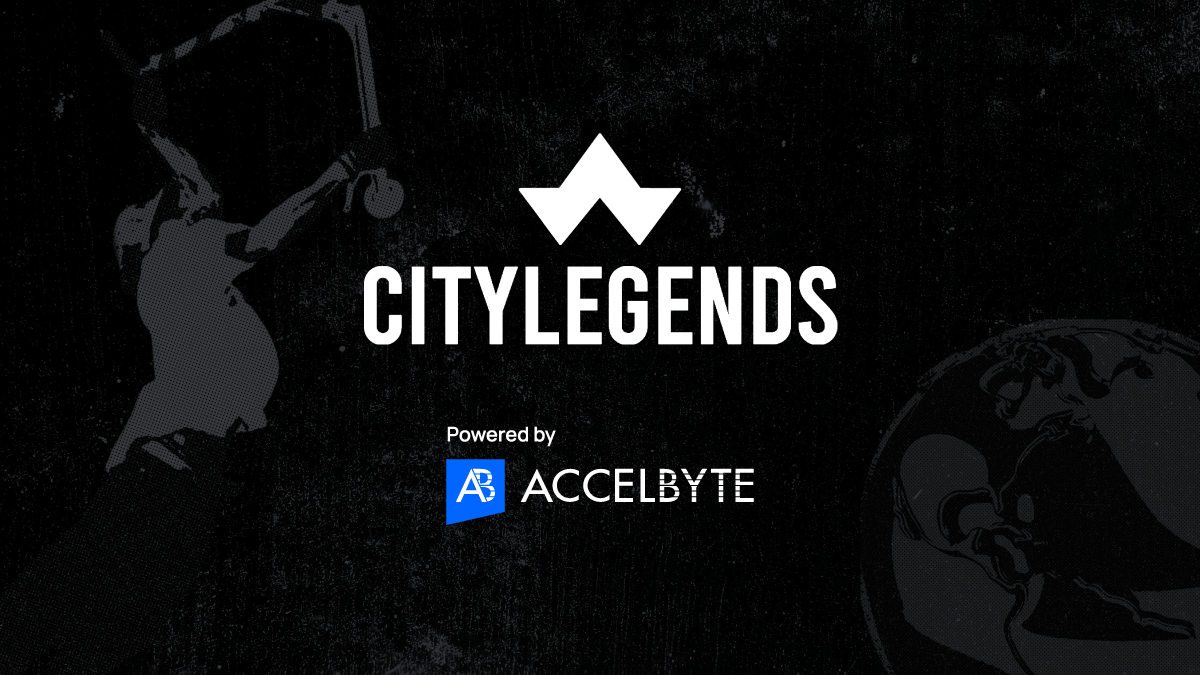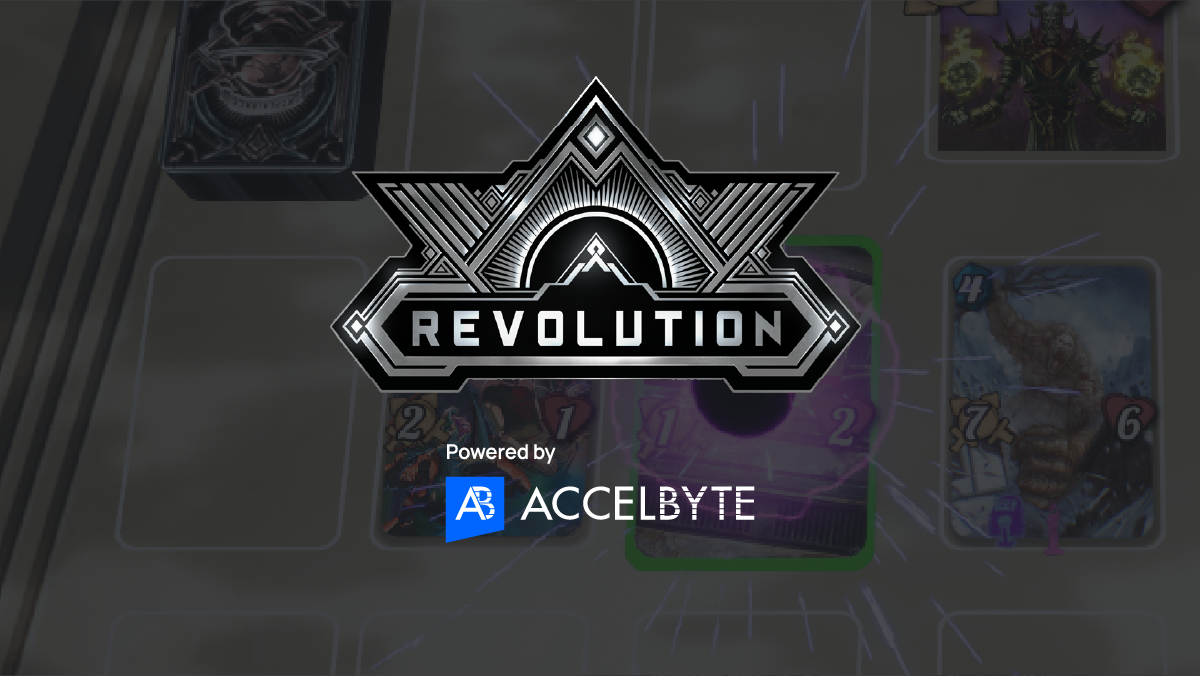Play
Dynamically assemble and match players
Dynamically assemble and match players
Connect cross-platform accounts & identity management
Grow and commercialize your game
Build a vibrant community
Track player progression and game state across platforms
Track, engage, and retain players
Visualize game metrics
Introduction to AccelByte Gaming Services (AGS)
Learn to use AGS with our demo game "Byte Wars"
Connect and get support with other members of the AccelByte Community
Submit and review tickets while directly connecting with AccelByte
Join our Discord for support, insights, and networking!

Why does your single-player game need a backend? To help you understand your players and help create a community. A backend can show how your players interact with your game, why they're playing the way they are, what problems they're having, etc.
Game development and psychology aren't so different. Human behavior is difficult to predict and predicting online player processes is just as difficult.
Typically, a backend uses an SDK to make it easy for developers to consume the backend in their game so that they can focus on the fun part. Keep reading to learn why your single-player game needs a backend not only for your players but for you as well.
In this blog, we will go over why going online and using a single-player game backend can enhance your experience. Below, is an overview of the four major reasons why:
Data
Community and engagements
Quality of life
User Experience
Using your game data and analyzing it through a backend can help you answer; is it a gameplay issue? Is it a UI/UX design issue? Is it something deeper? And it can help you get to a solution.
Studying your player's data through statistics is a great way to understand them, their motives, and what's working in your game and what isn't. You can figure out why and how they get stuck, better adapt your content to your players' needs, and learn what they want to see more of.
One of the most important reasons why you should invest in a backend is to understand what exactly is happening in your game. Knowing exactly what's going on in your game can allow you to better help your development team. By implementing telemetry as a way of measuring game performance, you can capture your player's journey. Using game telemetry as a source of business intelligence can help you to identify, highlight, and scrutinize the actual player's journey through your game on a massive scale.
By finding and monitoring these issues, developers can make small changes along the way to address player issues and improve the user experience of their game.
Community is important, especially in a virtual world and especially in single-player games. Having a backend service to aid in creating and encouraging player messaging and engagement is vital to shipping an awesome game.
Using a backend can help you market directly to your fan base by tailoring messages on how they've played your game. You can then use this data to customize each message, reference their in-game activity and achievements, and forge a feeling of connection between the player and the game.
As a player, creating content within a game gives you the chance to make the game your own and connect with other players. As a developer, UGC adds endless benefits, some of those being:
How can a backend support single-player games' user-generated content?
Using AccelByte's backend platform, game admins can select items that players can modify. When a player creates a new design for one of these items, they can upload their design to be downloaded and used by other players. Then when a player uses a custom design they've downloaded, that design will be visible to other players.
Leaderboards come in all shapes and sizes. They can include high score lists, time-based boards, wall-of-fame boards, ranking boards, etc. Leaderboard services allow game developers to keep track of their players' scores and rankings in their games by collecting data and analyzing it through telemetry. Having a backend can make this process go smoothly by automatically coming up with data and analytics that reflect your players in your game.
Community events are a way for single players to feel like they're truly a part of the game's community and give them a chance to interact with like-minded players. On the development side, hosting community events can give you even more insight into what players are saying about your game and what needs to be changed, added, or fixed.
Quality of life, in gaming, refers to removing the wasted time a player has when dealing with game issues. As a developer, you want to make sure that your players never have to worry about anything other than the game they're playing, which is where a backend comes in handy.
Using server-side game data can give your players fresh experiences and leave you with high player retention.
However, storing game logic online gives you one huge advantage: you can add new content to your game quickly and easily. Add quests, swap NPC's in and out, daily challenges, and more. You can run events to help drive player engagement. Or retroactively grant players an item they may have missed due to a bug.
With a backend, you can store attributes of characters in your game and tweak what's needed seamlessly and efficiently. Your player's saved data and progress can also be easily synced to the cloud, so you never have to worry about your players ever having to go backward.
Companions are game characters that accompany the player throughout a longer part of the gameplay, complementing their character or skill set, and serving as part of the narrative. Because of the nature of single-player games, having a backend to support the companion experience contributes to an even more immersive and interactive game.
Having a backend allows you to build direct relationships with your players easily.
Own your user's data. When another platform sells your game, owns the player account, and processes all non-client interaction, you might ask is that player truly yours? Having your own backend allows you to form a direct relationship with your player base. Your players can still come from other platforms like Steam, Epic, Xbox, or PlayStation, but by logging into your platform you own the player record.
Market directly to your most loyal customers. Depending on the data you collect, you can market directly to your fan base, and you can tailor your marketing efforts. You can use this data to customize each message directly, you can even reference their in-game activity/achievements to help forge the feeling of a connection between the player and the game.
Incentivize player engagement and feedback. Encourage your players to link their social accounts and talk about your game to their followers, and implement a rewards system to incentivize players to play your game.
The short answer: No. The long answer: Having to go fully online with a single-player game is a common misconception. It fully depends on how you want your game to work, however, given that you are developing a single-player game, you can have players on slightly different versions of the game balancing / available items or quests and not have it be a problem. It's not much different from players of single-player games not being on the same title update.
The general integration flow is as follows…
The main takeaway here? Enhance the single-player experience by making it optional, seamless, and engaging.
So, why does your single-player game need a backend? A backend platform gives you the chance to learn what your users like about the game, keeps your game fresh and exciting, helps you fix balance issues on the fly, syncs player data and progress to the cloud, provides you with ownership over your user's data, incentivizes player engagement and feedback, and much more.
To learn more about AccelByte and how we can help accelerate and scale your game, click here for a demo.



Reach out to the AccelByte team to learn more.